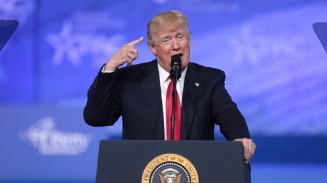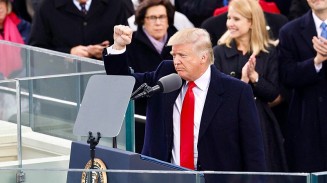Brand new updates are unfolding regarding Apple and its monopolization of the market. According to FTC, the company was forced into using Qualcomm chips in exchange for decreases licensing fees, ultimately harming competition and excluding competitors.
A recent lawsuit was revived by the United States Court of Appeals against the massive company for its monopolization of the market. However, the new evidence that arose shows that Qualcomm had a hand in what is going on.
Now a new lawsuit has been filed by the Federal Trade Commission which directly accuses Qualcomm for its maintenance of monopoly over cellular phone chips. The company is said to have done so via a "no license, no chips" policy.
Qualcomm, the world's biggest maker of baseband processors for mobile phones, implemented the policy that imposed patent-licensing terms as well as "onerous" supply in order to gain massive revenues from cell phone creators. The commission said that this would in turn weaken competition.
In a statement, the Federal Trade Commission stated that "Qualcomm recognized that any competitor that won Apple's business would become stronger". The FTC also added that Qualcomm "used exclusivity to prevent Apple from working with and improving the effectiveness of their competitors."
This lawsuit is just another in the many that have unfolded in the scrutiny of Qualcomm as of late. Just last month, the chipset maker was charged with an $850 million fine by the South Korean Fair Trade Commission under claims on maintaining an "unfair business model" as well as monopolizing the market.
Other than that, China fined the company in February almost $1 billion in a part of the long-standing antimonopoly investigation that it had looking into the company for.
The FTC also added in their complain that "Qualcomm's customers have accepted elevated royalties and other license terms that do not reflect an assessment of terms that a court or other neutral arbiter would determine to be fair and reasonable." In response to these allegations, Qualcomm hit back at the FTC and said that their lawsuit was "flawed legal theory."
© 2023 Lawyer Herald All rights reserved. Do not reproduce without permission.
Get the Most Popular Lawyerherald Stories in a Weekly Newsletter





